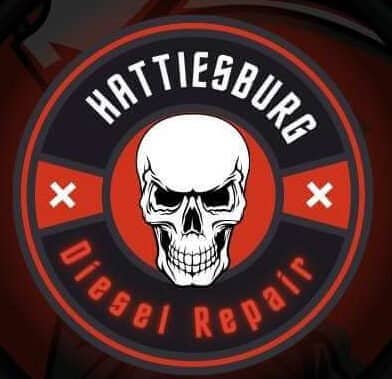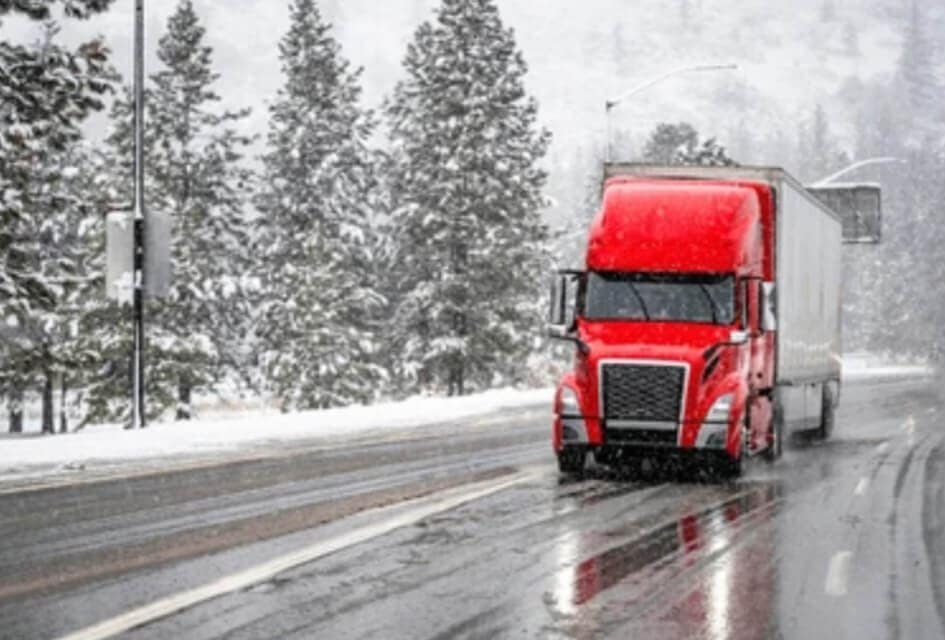Hey there, Trucking Nation! It’s your friendly neighborhood diesel mechanic, Ray Hutcheson, comin’ at ya with some tips to keep dat diesel engine cool and runnin’ smooth. Down here in the deep south where it really gets HOT we pay special sttention to making sure our Turbo-diesel engines can run super cool. If your deisel engine is overheating under load or bobtailing read on. Between the Outdoor temperature and the heat produced by the Modern diesel engines its a perfect storm if not maintained correctly. Our goal with this post is to teach you how to keep these powerful and durable engines running their best.
How your coolant system operates
If we start with the basics, Coolant (not the same as antifreeze) circulates through your diesel engine to control its temperature. Your engines combustion of fuel as well as the friction of moving parts creates heat. The modern Diesel Turbo charger creates a LOT of heat, especially under a load. In order to counteract that heat, our coolant level needs to be at the full level at all times. The coolant is a liquid that when circulated throughout the engine pulls heat from the especially hot areas and transfers it to areas where it can cool to keep the engines overall temperature down
So, now that you know the basics, let’s dive right into how you can prevent and fix diesel engine overheating issues.
Causes of Diesel Engine Overheating
- Faulty thermostat: A busted thermostat can mess with your engine’s cooling system big time, causing it to overheat. Make sure your thermostat is working right and replace it if needed. What this looks like is your truck is overheating and your coolant level is full. That tells you the thermostat is not opening properly and needs to be replaced before the truck is driven again.
- Insufficient coolant levels: First things first: If your coolant levels are low, your engine can’t cool down properly. Make sure to check your coolant regularly and keep it topped up according to the manufacturer’s recommendations. What this means for you as a driver is to actually check the coolant level under the hood before every trip. Some Commercial Trucks have a sight glass that allows you to see the coolant level others Diesel trucks will have a tank that you can see through thats marked at a full level so you can see how much coolant there should be in the system. Any time its low you need to be searching for a leak or part thats malfunctioning.
- Cooling system leaks: Leaks in your cooling system can lead to a loss of coolant, which means your engine can’t stay cool. This is one of the biggest emergency roadside assistance calls we get. If your lucky a lot of the newer trucks will just shut down once the coolant level gets too low. If you aint so lucky or are driving an older model 18wheeler, there is no real warning other than a dummy light on the dash that may or may not even work. Check your system for leaks every trip and get ’em fixed ASAP.
- Clogged radiator: Over time, your radiator can get clogged with dirt and debris, preventing proper cooling. Keep your radiator clean to avoid overheating. We usually suggest flushing your coolant system every 2 years or 30K miles but always check your manufacturers suggestions because guidlines vary from model to model and year to year.
- Malfunctioning water pump: Your water pump circulates coolant through your engine. If it ain’t working right, your engine can overheat. This is a common malfunction of Diesel Engines and it can cause a lot of damage if not caught early. The things that should alert you to a faulty water pump are Coolant leaks under the truck after its been sitting, corroded looking water pump, weep hole leakage, grinding or whining noises coming from the water pump area, warning lights, abnormally high temperature, and obviously overheated engine. Keep an eye on your water pump and replace it if necessary. for local parts we use Oreillys Auto Parts at 1400 South Main in Poplarville Ms
- Inadequate airflow: Your engine needs proper airflow to stay cool. Make sure there ain’t nothin’ blocking your radiator, Air filter, or cooling fans. Keep your air fliters changed as your manufacturer suggests, usually its every 30k miles or whenever you change your oil and oil filters. The local company we use for air filters and a lot of stuff really is LJs Filters 450 Ms- 26 Poplarville, Ms 39470. Changing your air filters is a bit trickier than every so many miles tho as it really depends on the conditions your driving or pulling in, how often the filters should be changed. Heavy pulling or dusty conditions or a lot of pollon in the air and your air filters are gonna need to be changed more often.
- Overworking the engine: If you’re pushing your engine too hard, it can overheat. Try to operate within your manufacturers engine limits to avoid overheating. This looks like a 2500 HD pick up pulling a big stock trailer full of horses or cattle. It could also be an 18wheeler overloaded in gross weight. No Judgement here. We all push the limits of our equipment from time to time. just know if you do overload your Diesels pulling capabilities, you need to give that turbo diesel engine extra care and maintenance.
Prevention of Diesel Engine Overheating
- Regular maintenance: Stick to your maintenance schedule to keep your engine in top shape. Check your coolant, radiator, filters and belts regularly to prevent overheating. Having a local Diesel Mechanic that knows your rig is really important. This will help your your maintenance schedule as well as your peice of mind. Get your Local mechanic to print up a maintenance schedule for you to keep inside the truck. Hutcheson Diesel offers a fleet maintenance program that can assist you.
- Adequate coolant mixture: Use the right coolant mixture for your engine to keep it cool. Check your coolant levels regularly and top ’em up as needed.
- Clean cooling system: Keep your cooling system clean to prevent clogs and overheating. Flush your radiator regularly to remove any sludge or buildup.
- Regularly check belts and hoses: Inspect your belts and hoses for wear and tear. Replace ’em if they’re cracked or damaged to prevent leaks and overheating.
- Monitor temperature gauges: train yourself to Keep an eye on your engine’s temperature gauges. If you notice any unusual spikes, investigate the cause and fix it promptly.
- Maintain proper airflow: Make sure your radiator grille is clear of any obstructions. Check that your cooling fans are workin’ properly. Here in the Deep south we can get quite a thick layer of bugs and debris clogging up the fins of the coolers. Make sure your cleaning that regularly.
- Operate within limits: Don’t push your engine too hard, especially during heavy hauling or towing. Take breaks to let your engine cool down if your running oveerloaded.
Solutions for Diesel Engine Overheating
- Safely stop the vehicle: If your engine is overheating, pull over to a safe spot and turn off the engine. This will prevent further damage. Your gonna need to do this immediatly.
- Allow the engine to cool: Let your engine cool down before investigating the issue. This is gonna take a few hours so go ahead and get comfy.
- Check coolant levels: Once the engine is cool, check your coolant levels and top ’em up if needed.
- Inspect for leaks: Look for leaks in and around your cooling system and get ’em fixed right away.
- Verify thermostat function: Test your thermostat and replace it if necessary.
- Clear obstructions: Make sure nothing is blocking your radiator or cooling fans.
- Consult a professional: If the problem persists, get help from a qualified Diesel mechanic or diesel engine specialist.
By following these tips, you can keep your diesel engine cool and runnin smooth for many years to come. This will also help to prevent costly repairs and downtime. If you need any help or have any questions, don’t hesitate to reach out to us here at Hattiesburg Diesel truck repairs. Stay cool out there, y’all!


No responses yet